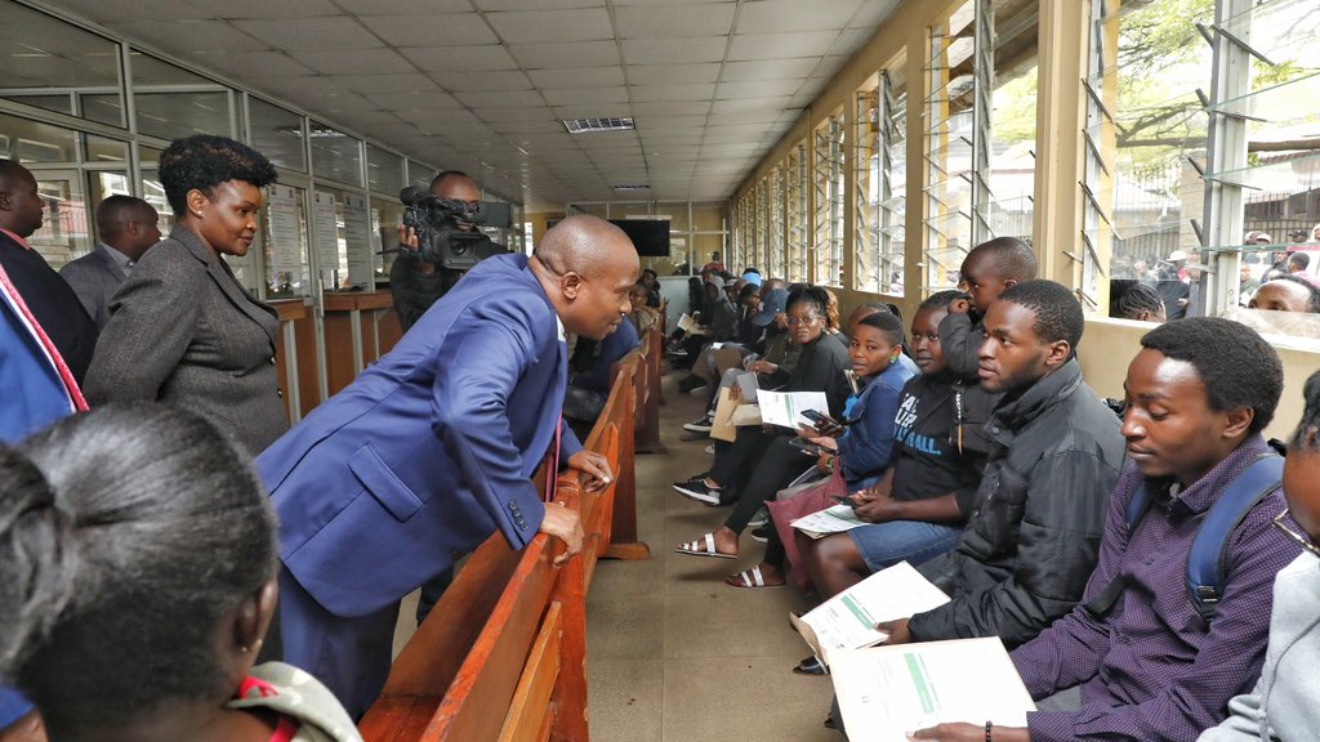The government's recent decision to hike fees for specific services within the immigration department has sparked a legal challenge from Nakuru-based surgeon Dr. Benjamin Magare Gikenyi.
Magare has taken the matter to court, seeking to suspend a memorandum issued on February 29 by Interior CS Kithure Kindiki, which directed the implementation of revised charges for services effective March 1.
Magare's petition, filed in court, raises significant concerns about the process leading to the fee adjustments.
He vehemently contests the validity of the public participation claimed by the government, denouncing it as a mere facade.
In his petition, Magare states, "The respondents did a shoddy charade of public participation by asking the County commissioner and select officers to purport to do public participation, which is contrary to principles of public participation."
Read More
Challenging not only the Interior CS but also the Treasury and Economic Planning, the National Assembly, the Senate, and the Attorney General, Magare emphasizes the lack of genuine public involvement in the decision-making process.
He also highlights the absence of a gazette notice, signalling the implementation of the fee adjustments.
Among the services affected by the fee revisions are processing birth and death certificates, verification of ID cards, annual subscriptions, passport processing, marriage certificate, permits, and various other immigration department services.
Responding to Magare's petition, Justice Lawrence Mugambi has directed that the application and petition be served within seven days.
The defendants are mandated to file their response within the same timeframe.
Furthermore, Dr. Magare has been granted permission to submit a rejoinder within seven days of the receipt of the responses.
The court has scheduled further directions on April 24.
This legal challenge underscores broader concerns regarding transparency and procedural adherence in governmental decision-making processes, particularly in matters affecting citizens directly.
As the case unfolds, it is poised to illuminate the nuances of public participation requirements and the responsibilities of governmental bodies in enacting fee adjustments, impacting essential services provided by the immigration department.









 shares a light moment with the company's Group CEO Dr Patrick Tumbo (right) at a past event-1758121528.jpeg)
-1758116028.jpeg)

